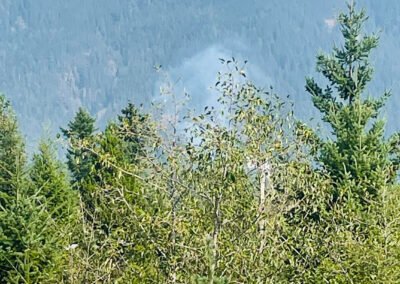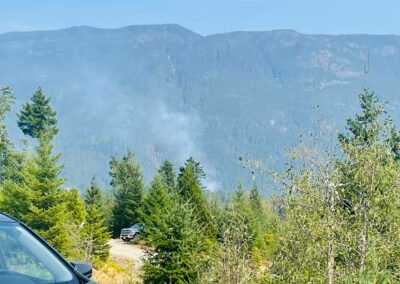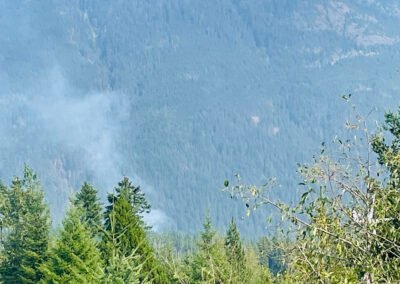Living Paycheck to Paycheck is a Harsh Reality for 90 Percent of Canadians
A national survey conducted in September 2025 by Harris & Partners, a licensed insolvency trustee firm, has revealed a troubling financial reality for Canadians: 88.9% are living paycheck to paycheck.
Key Insights from the Survey
- 88.9% of respondents say they rely entirely on their regular income to get by.
- More than 60% used credit cards, loans, or other forms of borrowing to cover basic expenses over the past year.
- 77.1% said they could not handle an unexpected $500 expense without borrowing.
- 80.1% reported having no emergency savings.
- 81.4% described themselves as financially stressed.
- 67.4% blamed themselves for their financial struggles.
Joshua Harris, CEO of Harris & Partners, called the findings “alarming,” noting that the crisis goes beyond discretionary spending. “This isn’t about cutting back on luxuries—it’s about scrambling to afford necessities like food, shelter, and transportation,” he said. With credit increasingly used as a lifeline, household finances are becoming more precarious.
A Glimmer of Hope
Despite the grim statistics, 62.4% of Canadians remain hopeful that their financial situation will improve within the next year. Harris emphasized that this optimism must be supported by broader economic reforms, particularly efforts to align wages with the rising cost of living.











